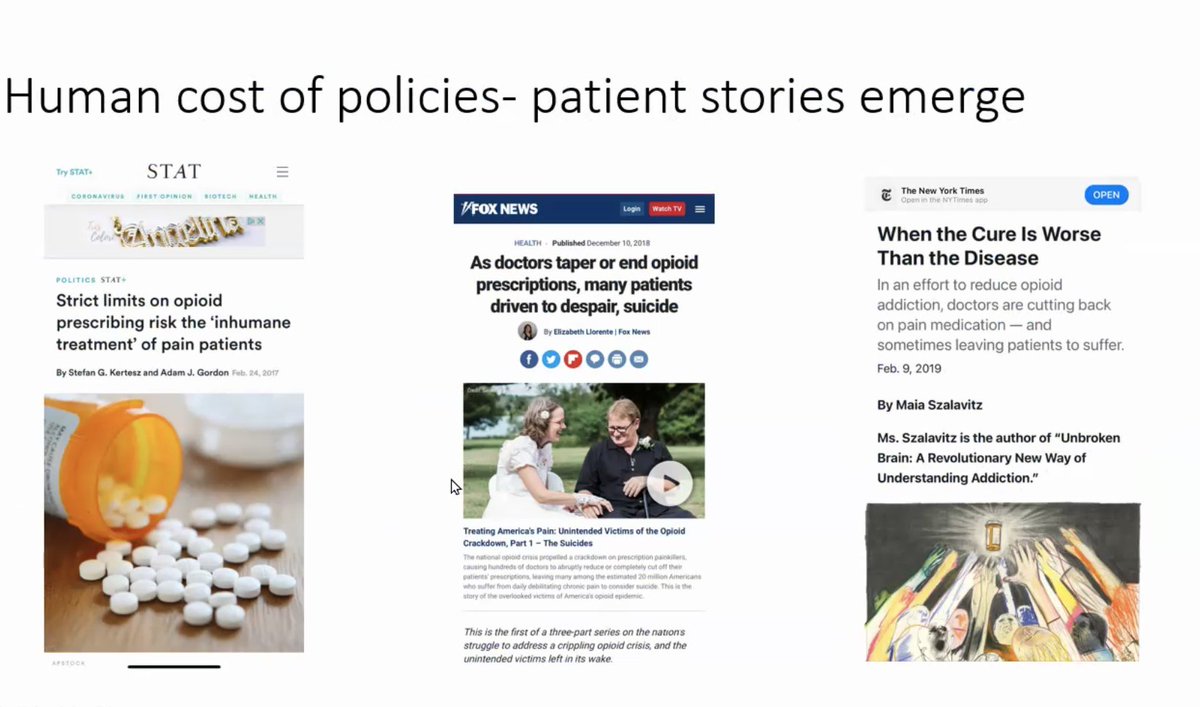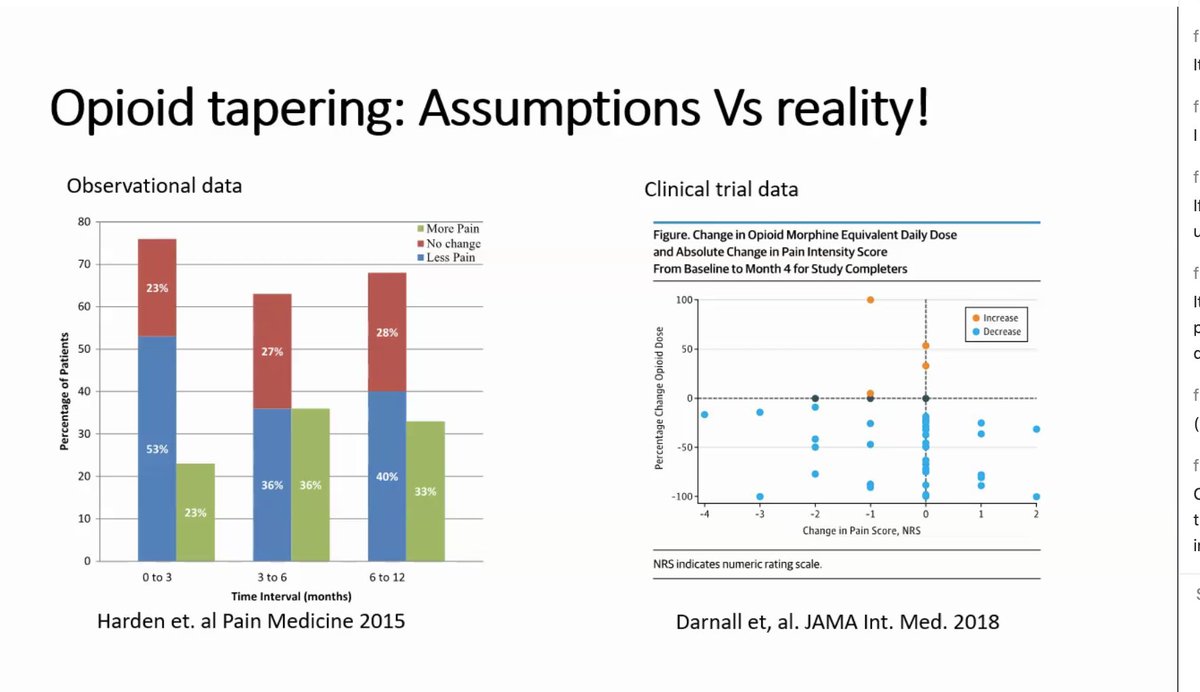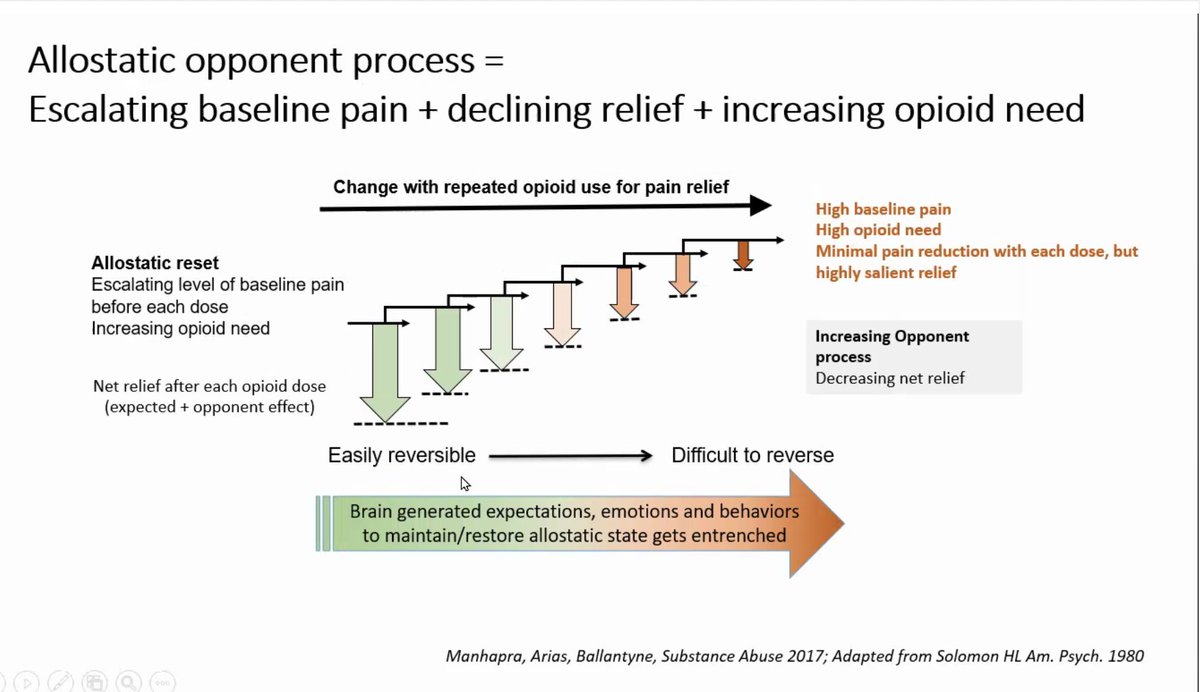Categories Culture
We can take comfort, though, in knowing that the chapter #AdamSmith says is about colonies is, in fact, about colonies. (IV.vii) #WealthOfTweets #SmithTweets

Colonies were a vexed subject when #AdamSmith was writing, and they’re even more complicated now. So, before we even get to the tweeting, here’s a link to that thread on Smith and “savage nations.” (IV.vii) #WealthOfTweets
We have to pause now, because we have to have a whole new tweet thread on #AdamSmith and \u201csavage nations,\u201d because he\u2019s going to keep using this kind of phrase, so we need to talk about it. #WealthOfTweets #SmithTweets
— @AdamSmithWorks (@adamsmithworks) January 4, 2021
The reason for the ancient Greeks and Romans to settle colonies was straightforward: they didn’t have enough space for their growing populations. Their colonies were treated as “emancipated children”—connected but independent. (IV.vii.a.2) #WealthOfTweets #SmithTweets
(Both these things are in contrast to the European colonies, as we'll see.) (IV.vii.a.2) #WealthOfTweets #SmithTweets
Ancient Greeks and Romans needed more space because the land was owned by an increasingly small number of citizens and farming and nearly all trades and arts were performed by slaves. It was hard for a poor freeman to improve his life. (IV.vii.a.3) #WealthOfTweets #SmithTweets
The level of vitriol in the replies is a new experience for me on here. I love Twitter, but this is the dark side of it.
Thread...
\u201cSlavery in this land was not merely an unfortunate thing that happened to black people. It was an American innovation, and American institution, created by and for the benefit of the elites of the dominant caste.\u201d @Isabelwilkerson
— Zach W. Lambert (@ZachWLambert) February 11, 2021
First, this quote is from a book which examines castes and slavery throughout history. Obviously Wilkerson isn’t claiming slavery was invented by America.
She says, “Slavery IN THIS LAND...” wasn’t happenstance. American chattel slavery was purposefully crafted and carried out.
That’s not a “hot take” or a fringe opinion. It’s a fact with which any reputable historian or scholar agrees.
Second, this is a perfect example of how nefarious folks operate here on Twitter...
J*mes Linds*y, P*ter Bogh*ssian and others like them purposefully misrepresent something (or just outright ignore what it actually says as they do in this case) and then feed it to their large, angry following so they will attack.
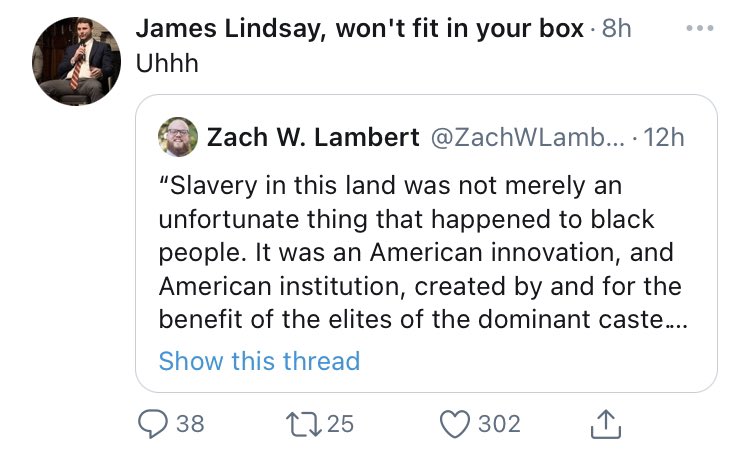
The attacks are rarely about ideas or beliefs, because purposefully misrepresenting someone’s argument prevents that from happening. Instead, the attacks are directed at the person.
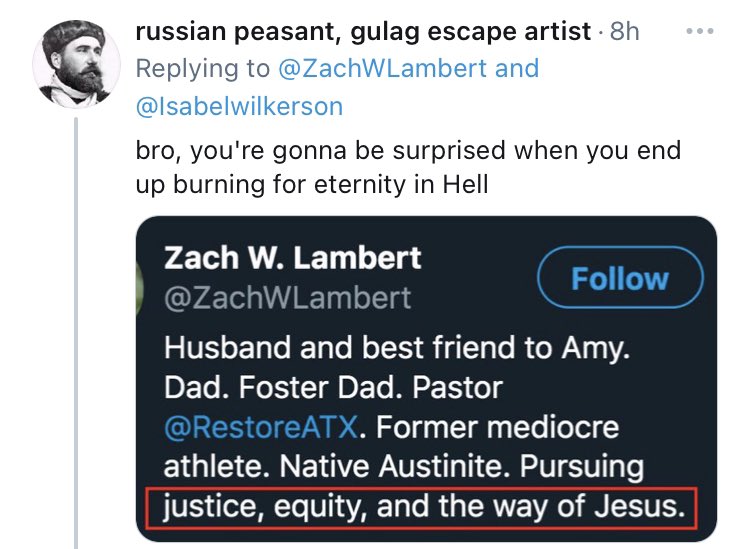

Roy James was born in Tokyo in 1929. While he might have looked like a Westerner, his family were Muslim Kazan Tatars who fought against the Soviets, and ended up in Japan. Roy James was a stage name: he was born Abdul Hannan Safa.

With the fall of the Ottoman Empire, Roy James's family ended up as citizens of the Republic of Turkey. During WWII, Turkey had good relations with Japan but declared war in 1945, which caused Turks in Japan a few months of hardship.
Speaking about this time, James said he was questioned on the way to school, and would take a beating if he was deemed to be in an unauthorized place.

Roy James went to Japanese schools and was a native speaker of Japanese. He got his introduction to showbusiness through Taibi Okada aka E. H. Erick. Erick and his brother featured in this old thread:
This is Erick, who took the stage name E\u30fbH\u30fb\u30a8\u30ea\u30c3\u30af. His Japanese name was Taibi Okada. One of his talents was wiggling his ears. /7 pic.twitter.com/xi4YkJO36z
— Mulboyne (@Mulboyne) September 27, 2017
Found a podcast by Keira Bell talking about her reasons for detransitioning
— Lux \U0001f3f3\ufe0f\u200d\U0001f308 (@Lux_fae) February 2, 2021
Listened to it so you don't have to
Wherein, at the 24-30 min mark, keira talks about her reasons for detransition and admits she did it for her ideology alone.
Thread:
This time in 2004 was very sensitive. Our little team at Press for Change was carefully helping to support the government to get the Gender Recognition Bill through its parliamentary stages. It had already started in the Lords and faced a committee stage with evangelical-backed..
..opposition facing the government’s Bill minister Lord Filkin and and others from all parties supporting him. The heavy lifting of daily liaison work was handled on our side by my colleague Claire @2legged whose back room lobby efforts should never go unacknowledged in any..
..account of events. Our political backdrop was a small but determined effort by two evangelical groups touting very familiar lies about trans people and, perhaps more worrying, a couple of contemporary journalists (one a Guardian staffer and one a freelance) determined to tout..
..detransition scare stories as a way to perhaps cast doubt over formalising a legal recognition process. The thing that was obvious at the time was that their stories relied on constant recycling of the same 10-12 case stories, which they had discovered because they were the..
Lessons from Short Circuiting Policy https://t.co/KtxaBci5oC 🧵

Texas' challenges are not from "learning too many renewable energy lessons from California.” - Rep. Crenshaw
Texas passed its first renewable energy target in 1999, 3 years before California. The law was signed by, Gov. George W. Bush — you may recall he’s a Republican.
Gov. Bush was so proud of Texas’ leadership on wind energy, that he campaigned on it when running for President in 2000.
The "bill he signed in 1999 will make Texas the country’s largest market for renewable energy by 2009."
https://t.co/T4dKZ5qGnA

In 2005, Texas passed another big wind energy law, which included $7 billion for transmission.
It was sponsored by Republican state Senator Troy Fraser and signed by Republican Gov. Rick
With Gov. Abbott going on TV this week and lying, blaming the boogeyman “Green New Deal” and wind turbines for Texas’ current crisis, GOP leadership on renewables feels like ancient history.
What happened over the past 15
How else to do test for understanding if don\u2019t answer questions?
— Dr CharlieMain (@lomas_scot) December 31, 2020
They suggested that this approach had led to strategies-based instruction with the major drawback being that teachers focused on the strategy rather than the meaning of what is being read - eg. 'Success For All'. More
They posited that comprehension is the building of understanding; the construction of meaning from the text and that this takes place DURING reading. The role of teachers, therefore, was more dialogic. Queries rather than questions -
This is far more aligned to 'close reading' as articulated so gently and coherently by @Doug_Lemov in 'Reading Reconsidered' whereby students are supported by the teacher to use information to construct meaning rather than to merely collect pieces of information.
Through the articulation (through writing) of the development of understanding of meaning, students are able to express understanding and teachers are able to check that understanding, refer back to it and build upon it.

